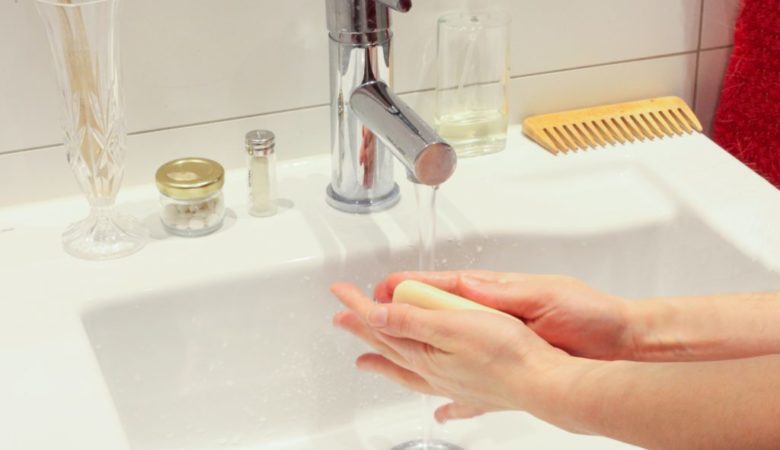The Science of Hand Washing and Why it Matters More Than Ever

Right now, Coronavirus is on everyone’s minds. It’s all people talk about these days, and with good reason. The virus is a very real threat all over the world, especially for the elderly and those with underlying conditions. The scary part is, someone could be infected and not realize it.
The good news is there’s a super easy way for you to help. All you have to do is wash your hands! It sounds mundane, but you can save lives; and that’s no exaggeration. It’s imperative now more than ever that everyone takes hand washing seriously. If you’re not convinced, keep reading to learn the science behind hand washing and virus transmission.
A simple act makes a huge difference
If you have access to soap and clean, running water, make the most of it. Entire populations in underdeveloped countries don’t have the means to wash their hands, and the effects add up.
Approximately 1.8 million children 5 years or younger die annually from diarrhea and pneumonia. Such diseases seem minor, but that’s because first-world countries have the health care resources to treat them. Even more depressing—these deaths could be avoided with proper hygiene like simple handwashing.
According to the CDC, only about 19% of people worldwide wash their hands after using the bathroom. That means nearly one out of five people are passing germs to others in their community!
Everyone has time for washing their hands because it takes mere seconds (20, to be exact). The CDC says hand washing can prevent up to 30% of diarrheal diseases and 20% of respiratory infections like the cold. Many can survive a cold, but no one wants to get sick from someone else’s germs. There’s no reason not to wash your hands!
Here’s the proper way to wash your hands
Yes, there’s a right and wrong way to do it. First, wet your hands; then, turn off the faucet. You don’t want to rinse the soap off right away, and saving 20 seconds of water shows a bit of kindness towards the environment.
Now, scrub your hands together for 20 seconds. That’s roughly the equivalent of singing happy birthday to your hamster twice in a row. If you have two hamsters, make sure to sing happy birthday once for each of them. It’s important to make sure neither feels left out.
Scrub every surface of your hands, especially under the nails. They accumulate a high concentration of germs that can transfer to your eyes, nose, mouth and skin. To get rid of those germs, lightly massage the nail tips against the palm of your hand.
Rinse off the soap and turn off the water. The CDC says there’s not enough research to prove turning it off with a paper towel is more hygienic than otherwise. Lastly, either air dry your hands or use a clean towel. Germs transfer more easily with wet hands.
Hand sanitizer can’t work miracles
Use hand sanitizer only if you don’t have access to soap and running water. Hand sanitizer works in a pinch, but is less effective than washing your hands. That’s because it can’t neutralize every harmful substance. People who regularly substitute hand sanitizer for soap and water have shown increased levels of toxic chemicals in their bodies. Such chemicals include pesticides and cleaning solutions.
Hand sanitizer is also less effective when your hands are visibly soiled. The stuff kills germs, but it doesn’t get rid of dirt. Hand washing provides the necessary friction to loosen germs and rinse them down the drain. If your hands feel gross, hand sanitizer just won’t cut it.
If you have to use hand sanitizer, check the label to make sure it contains at least 60 percent alcohol. Use enough to cover your hands completely, and rub the sanitizer until your hands are completely dry. Again, wet hands aid the spread of germs.
Your best defense against Coronavirus
Hand washing doesn’t just keep you safe. It keeps the people around you safe as well. As mentioned earlier, someone could feel perfectly fine, yet be carrying Coronavirus. If that person isn’t washing their hands, they’re spreading the virus at home and in their community. It could be two weeks before that person experiences symptoms! By then, it’ll be too late to be proactive.
This is all very serious, but it’s important to remain calm. All you have to do is wash your hands. Wash them after using the bathroom, obviously, but also while preparing food and when you arrive home from work. It’s up to all of us to practice good handwashing and personal hygiene, to help flatten the curve.

